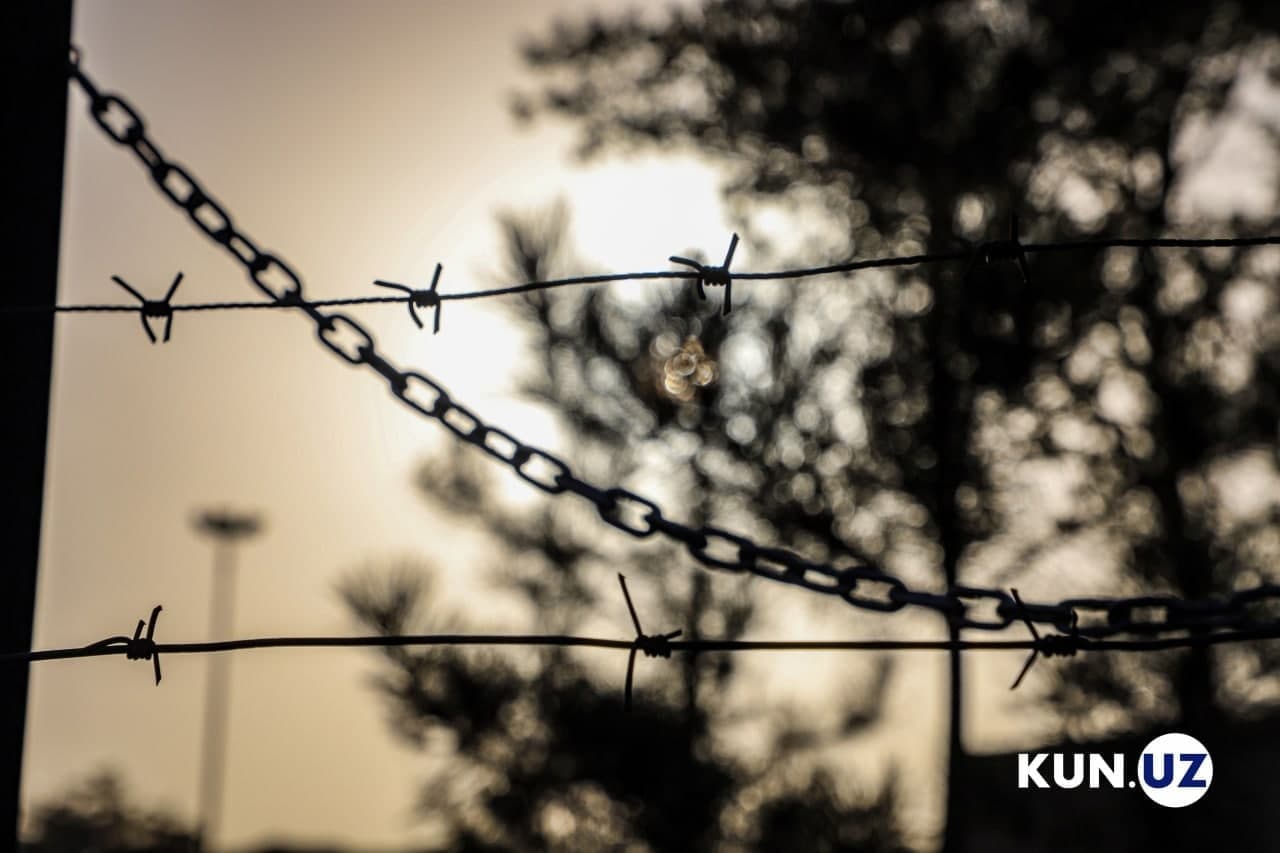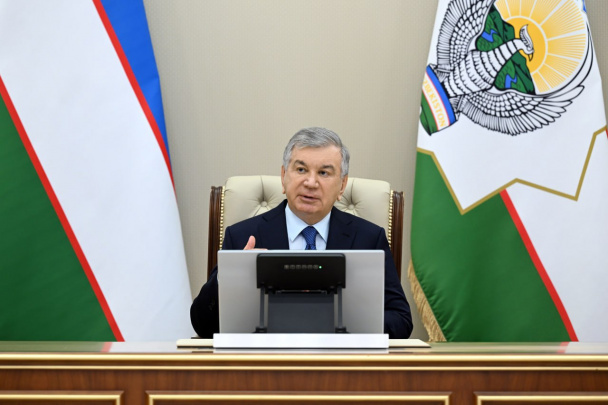Senate endorses law for transfer of foreign convicts
The Senate of Uzbekistan has approved significant amendments aimed at facilitating the acceptance of convicts sentenced abroad into the country's penal system. The changes, ratified during the 59th plenary session, focus on the ongoing incarceration of individuals deprived of liberty, as well as mandatory treatment for those suffering from mental illnesses.

Photo: Kun.uz
The legislation proposes modifications to Articles 29 and 542 of the Criminal Procedure Code of Uzbekistan and introduces a new Chapter 66. These amendments establish the legal foundations for transferring and accepting individuals serving sentences, as well as those required to undergo compulsory treatment due to mental health conditions.
Among the key components of the new Chapter 66 are provisions for recognizing and enforcing the judgments of foreign courts. It details the criteria, conditions, and procedures for accepting individuals whose sentences are being carried out abroad and for continuing compulsory treatment for those subjected to medical coercion.
According to the new regulations, the transfer and acceptance of convicts will require a request from either the convict’s legal representative or a close relative. Acceptance will also be contingent upon the agreement of the individual being received, or their legal representative, as well as a formal request from the Prosecutor General's Office of Uzbekistan or a relevant authority from the foreign state.
The process for considering the acceptance of a convict is defined as follows: upon receiving an application from the individual deprived of liberty or subjected to medical coercion, the Prosecutor General's Office will confirm the person's citizenship and submit the necessary documents to the competent authority of the foreign state for resolution. If the request is granted, the Prosecutor General or their deputy will make a decision regarding the acceptance of the individual.
Subsequently, the Prosecutor General or their deputy will file a petition with the court to recognize and enforce the judgment of the foreign court. This petition will be reviewed by a judge responsible for the area where the convict resides. The judge will determine the sentence based on international treaties, aligning the punishment to the duration specified by the foreign court’s ruling.
Furthermore, the new law specifies the grounds for rejecting the transfer of individuals who are deprived of liberty or subjected to compulsory medical measures.
Related News

15:22 / 25.02.2026
Uzbekistan moves to tighten liability of officials for fire safety violations

18:14 / 18.02.2026
Uzbekistan revises 2030 gas production target to 48.5 billion cubic meters

19:33 / 16.02.2026
Uzbekistan introduces life imprisonment for sexual crimes against children under 14

13:55 / 10.02.2026




